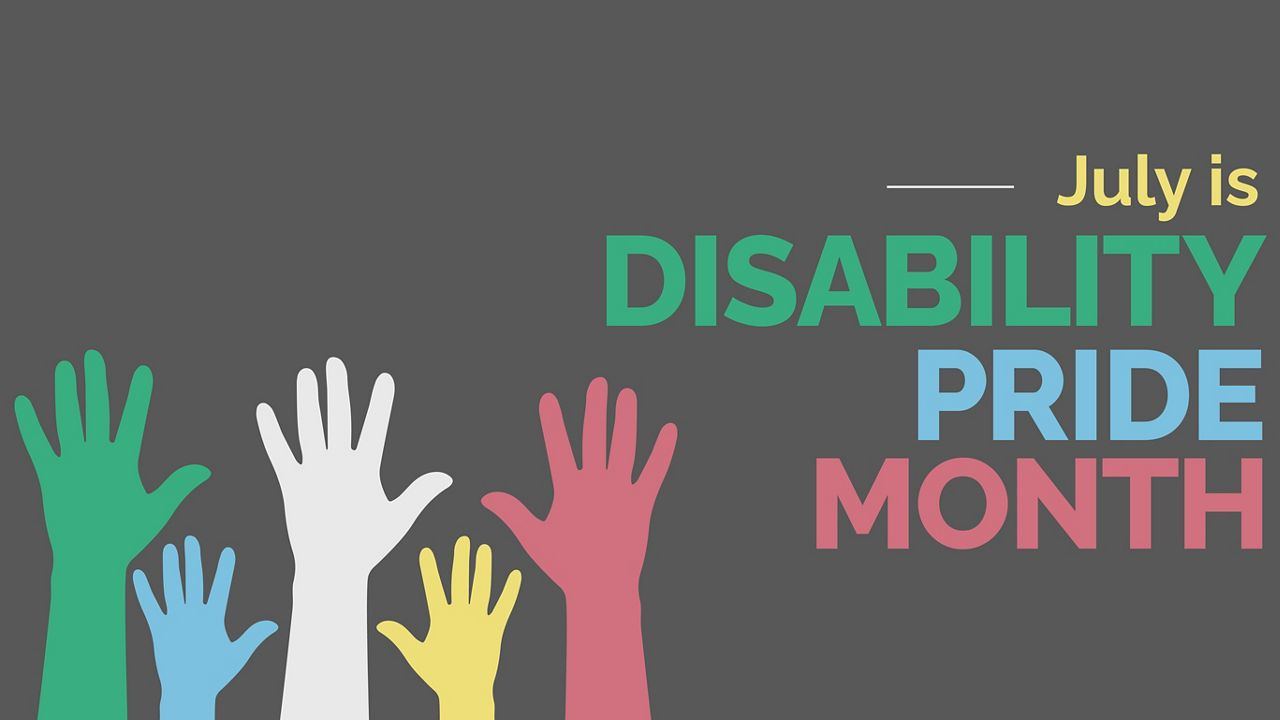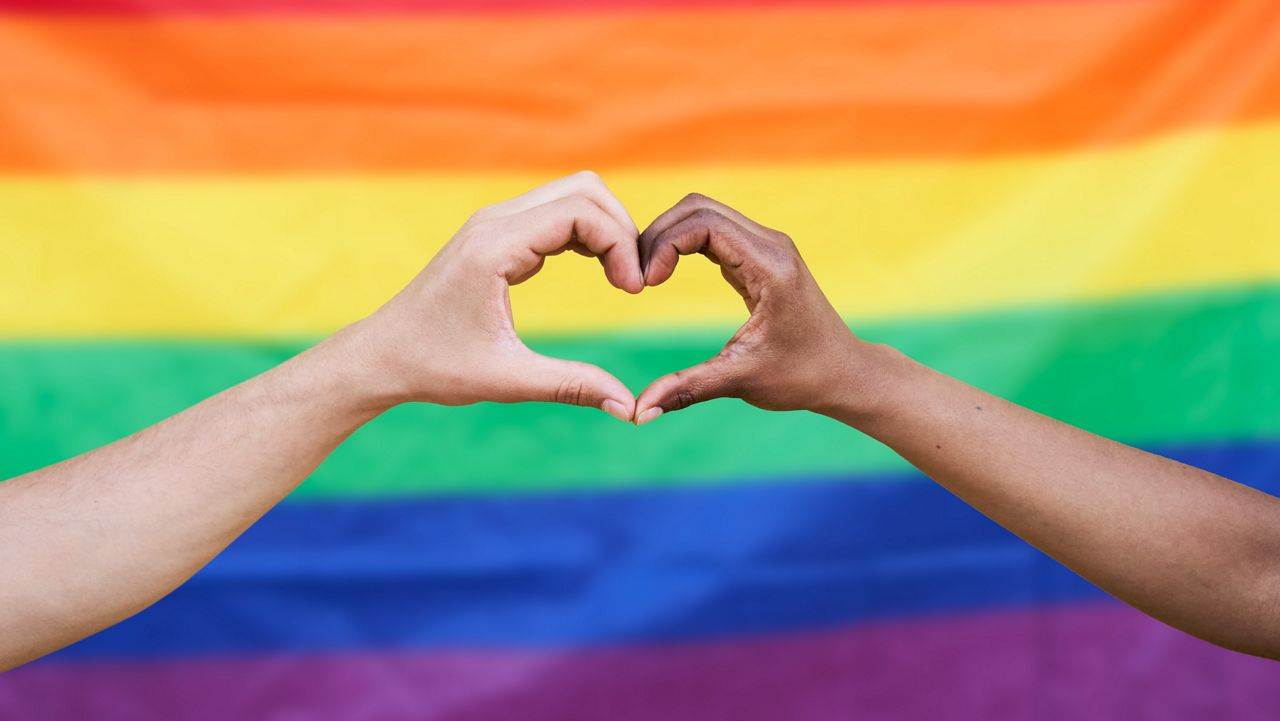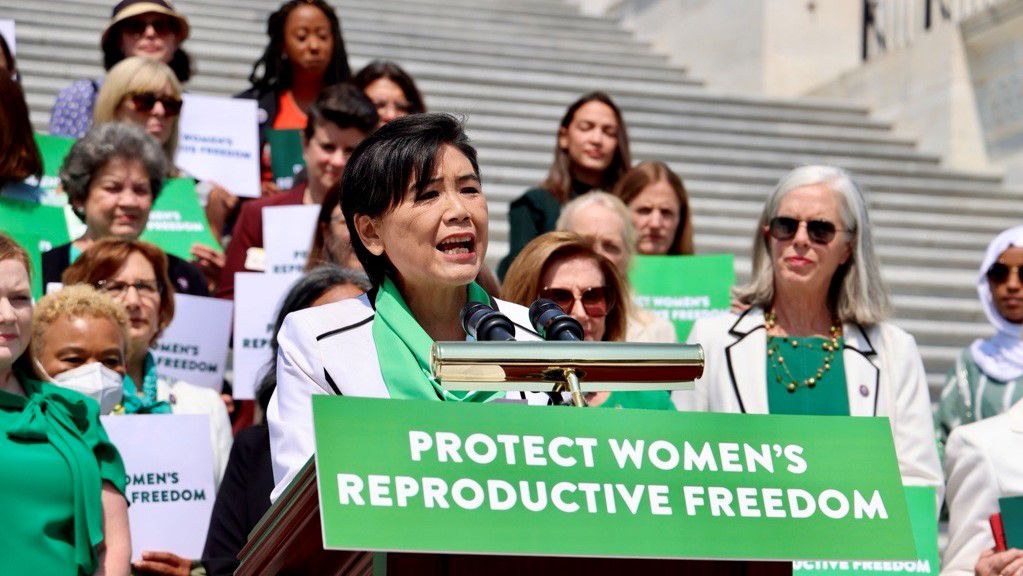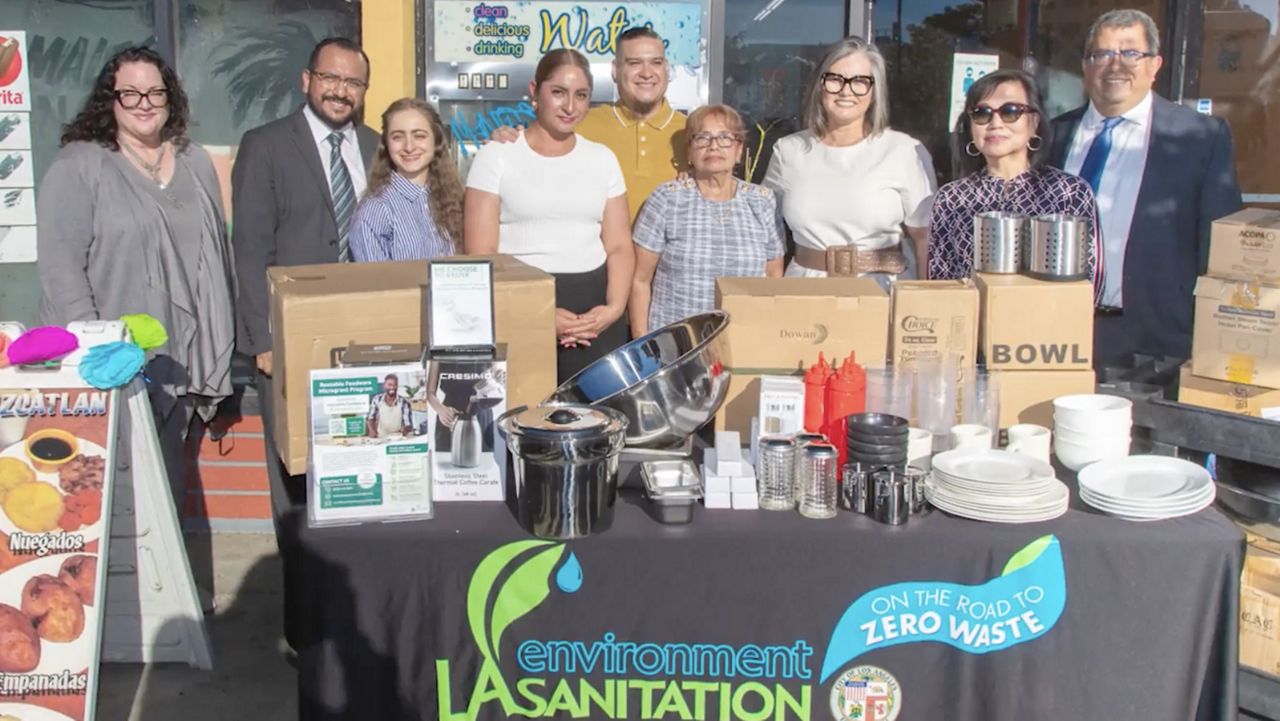Thirty years have passed since the LA Riots, also referred to as the LA Uprising, began on April 29, 1992, after a jury acquitted four white police officers in the brutal beating of Rodney King.
After six days of civil unrest, 50 people were killed and 3,000 businesses were looted or destroyed. Half of the businesses affected were in Koreatown, which was targeted after rising tensions between the Korean and Black communities in Los Angeles.
In this week’s “In Focus SoCal,” host Tanya McRae meets a group of Black and Korean American artists who came together for an art exhibition called “The Phoenix Project: Continuing the Dialogue from 1992” at the Korean Cultural Center. The hope is that the collaboration will continue to bridge the gaps between the two groups.
“We’re trying to heal or trying to continue the discussion of really what separated our communities 30 years ago,” said Lili Bernard, artist and co-curator of The Phoenix Project.
McRae also sits down with Capri Maddox, executive director of the Los Angeles Civil + Human Rights and Equity Department, also known as LA Civil Rights. She had started an internship with the City of Los Angeles on the day the uprising began. Maddox also discusses a three-episode podcast that her department launched called “Forward Together” that marks the 30th anniversary of the civil unrest.
“We want to have this podcast spark real conversations, particularly with our young folks that may not have been alive or have age in 1992,” Maddox said.
Eunice Hur Song, executive director of the Korean American Coalition-Los Angeles, also joins in on the conversation to talk about the impact of the LA Riots and Uprising on the Korean community.
“What we learned from the LA Riots and the aftermath was that the community realized they could no longer be insular within the community. We had to actually reach out and take ownership and become stakeholders to be able to be represented and heard,” Song said.
KACLA hosted two events to mark the 30th anniversary. The LA Uprising Saigu Peace Gathering was a collaboration between Korean and Black artists to highlight the healing and unity between the two communities. The Saigu@30 Leadership Conference was an opportunity for speakers in various industries to reflect on their experience about lessons learned from the LA Riots and Uprising, and to discuss progress that the Korean American community has made.
Send us your thoughts to InFocusSoCal@charter.com and watch at 9 a.m. and noon Sundays.











